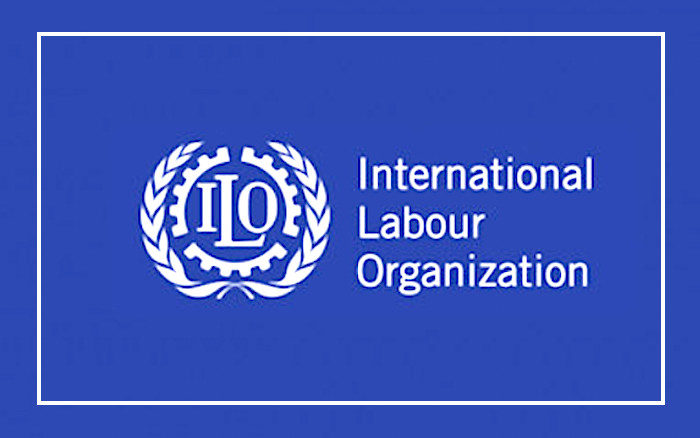I henhold til en rapport med titlen "ILO Monitor tredje udgave: COVID-19 og arbejdsverdenen" forventes faldet i arbejdstid i det nuværende (andet) kvartal af 2020 at være markant værre end tidligere anslået.
Sammenlignet med niveauerne før krisen (sidste kvartal i 2019) forventes der nu en forringelse på 10,5 procent, svarende til 305 millioner fuldtidsstillinger (forudsat en 48-timers arbejdsuge), afslørede en pressemeddelelse fra ILO baseret på Rapport.
Det foregående skøn var for et fald på 6,7 procent, svarende til 195 millioner fuldtidsansatte. Dette skyldes forlængelse og udvidelse af lukningstiltag.
Regionalt er situationen forværret for alle større regionale grupper. Estimater antyder et tab af arbejdstid på 12,4 procent i andet kvartal for Amerika (sammenlignet med niveauet før krisen) og 11,8 procent for Europa og Centralasien. Estimaterne for de øvrige regionale grupper følger nøje og ligger alle over 9,5 procent.
Kommentar: Delvist oversat af Sott.net fra ILO: Close to half of the global workforce may lose livelihoods due to job losses
Informal economy impact
As a result of the economic crisis created by the pandemic, almost 1.6 billion informal economy workers (representing the most vulnerable in the labour market), out of a worldwide total of two billion and a global workforce of 3.3 billion, have suffered massive damage to their capacity to earn a living.
This is due to lockdown measures and/or because they work in the hardest-hit sectors.
The first month of the crisis is estimated to have resulted in a drop of 60 percent in the income of informal workers globally. This translates into a drop of 81 percent in Africa and the Americas, 21.6 percent in Asia and the Pacific, and 70 percent in Europe and Central Asia.Without alternative income sources, these workers and their families will have no means to survive.
Enterprises at risk
The proportion of workers living in countries under recommended or required workplace closures has decreased from 81 to 68 per cent over the last two weeks.
The decline from the previous estimate of 81 per cent in the second edition of the monitor (published April 7) is primarily a result of changes in China; elsewhere workplace closure measures have increased.
Worldwide, more than 436 million enterprises face high risks of serious disruption. These enterprises are operating in the hardest-hit economic sectors, including some 232 million in wholesale and retail, 111 million in manufacturing, 51 million in accommodation and food services, and 42 million in real estate and other business activities.Urgent policy measures needed The ILO calls for urgent, targeted and flexible measures to support workers and businesses, particularly smaller enterprises, those in the informal economy and others who are vulnerable.
Measures for economic reactivation should follow a job-rich approach, backed by stronger employment policies and institutions, better-resourced and comprehensive social protection systems.
International coordination on stimulus packages and debt relief measures will also be critical to making recovery effective and sustainable. International labour standards, which already enjoy tripartite consensus, can provide a framework.
ILO Director-General Guy Ryder stated:
"As the pandemic and the jobs crisis evolve, the need to protect the most vulnerable becomes even more urgent.
"For millions of workers, no income means no food, no security and no future. Millions of businesses around the world are barely breathing. They have no savings or access to credit. These are the real faces of the world of work. If we don't help them now, these enterprises will simply perish."




Kommentar: Buckle up. Financially this is going to be a rough and rocky ride.
See also: